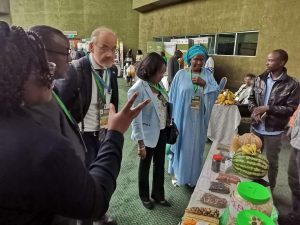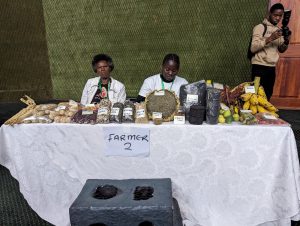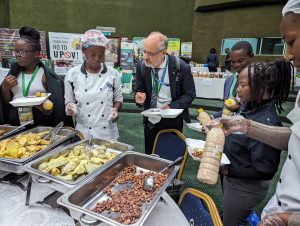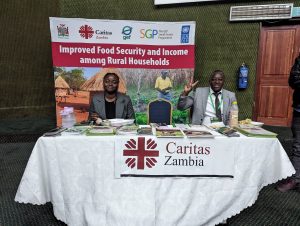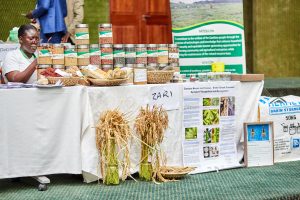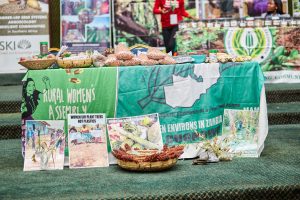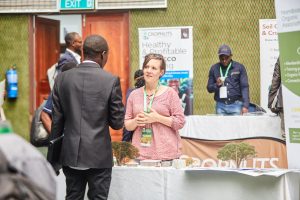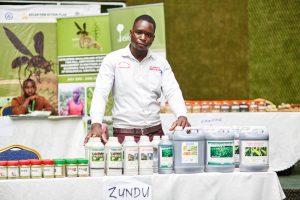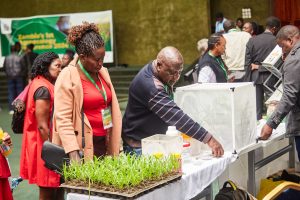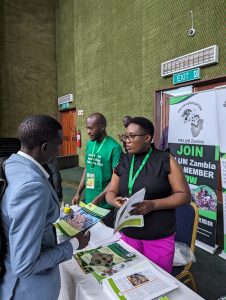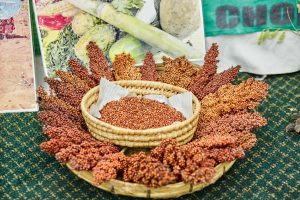Zambia’s 1st Agroecology Conference
Zambia's 1st Agroecology Conference 2024

In Zambia, the agriculture sector is an integral part of national development and plays a critical role in people’s livelihoods regarding food and nutrition security, income, and employment provision. Since then, the sector has evolved from mare natural farming to its complex state, where it has become highly mechanised.
The current food production system has had several positive effects, such as sustaining high production levels for certain crops, especially maize and other cash crops. However, it has had its fair share of negative impacts, such as reduced soil productivity. Where initially farmers were able to realise almost 8 tons per hectare, they are now harvesting less than 0.3 tons per hectare, loss of biodiversity, emission of GHGs and general degradation of the soil.
This is mainly due to the over-reliance on external non-biodegradable inputs such as synthetic fertilisers supplying nitrogen, Potassium and urea.
Find the link to the full concept note below:
Concept note on the agroecology conference-2024
Why the conference?
The conference is necessitated by a critical issue in the current food production system, emphasizing the vulnerability of rural communities, particularly the youth and women, to external shocks and environmental challenges.
The existing model has not been effective in addressing the complex issues of climate change, biodiversity loss, pollution, and environmental degradation. The call for a transformation towards a more holistic, inclusive, and environmentally friendly narrative aligns with a growing global awareness of the need for agroecology agriculture.
This involves adopting practices that ensure food security and prioritize environmental conservation, social equity, and economic viability.
Objective
Gather evidence on agroecological practices, create awareness, promote adoption, and influence policy change in the food system of Zambia.
Participants
Researchers
Practitioners
Farmers
Women and youth-led/rights organizations
Policymakers
Private sector representatives
Civil society organizations
Collaborating partners
Interested groups in agriculture and agroecology
Media
Academic Institutions
Themes of the conference
Agroecological production technologies
Agroecological trade and markets
Polices and legislative frameworks around agroecology
Farmer-managed seed systems and biodiversity conservation
Women and youth in agriculture
Information and networking
Integrated pest management
Highlights
Information Hub
Agroecology Conference Brochure
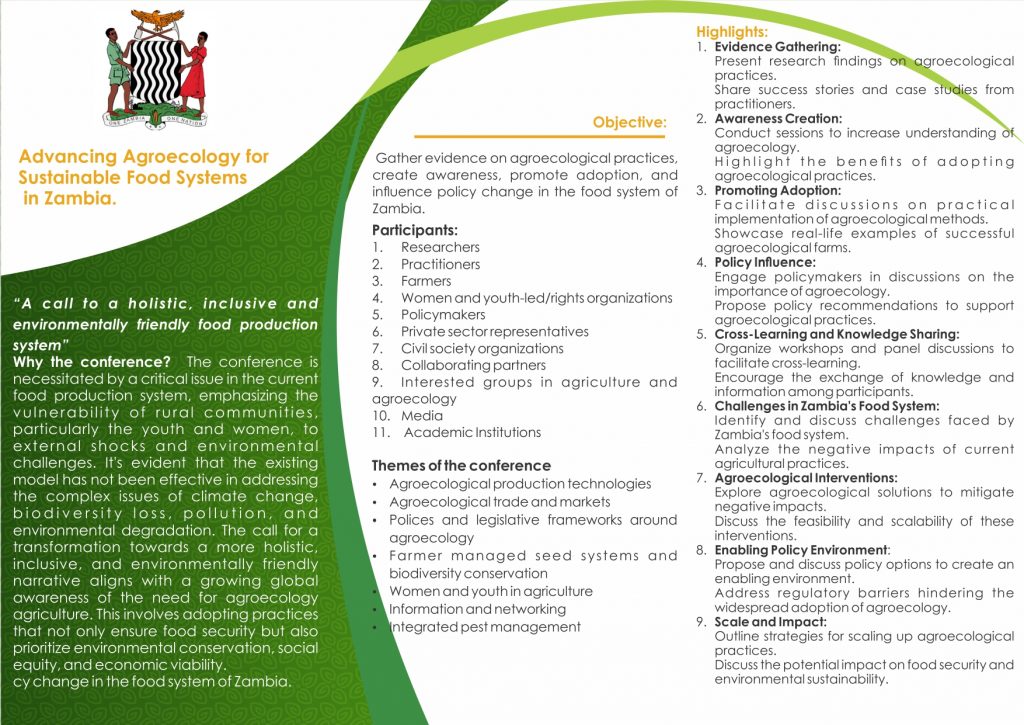
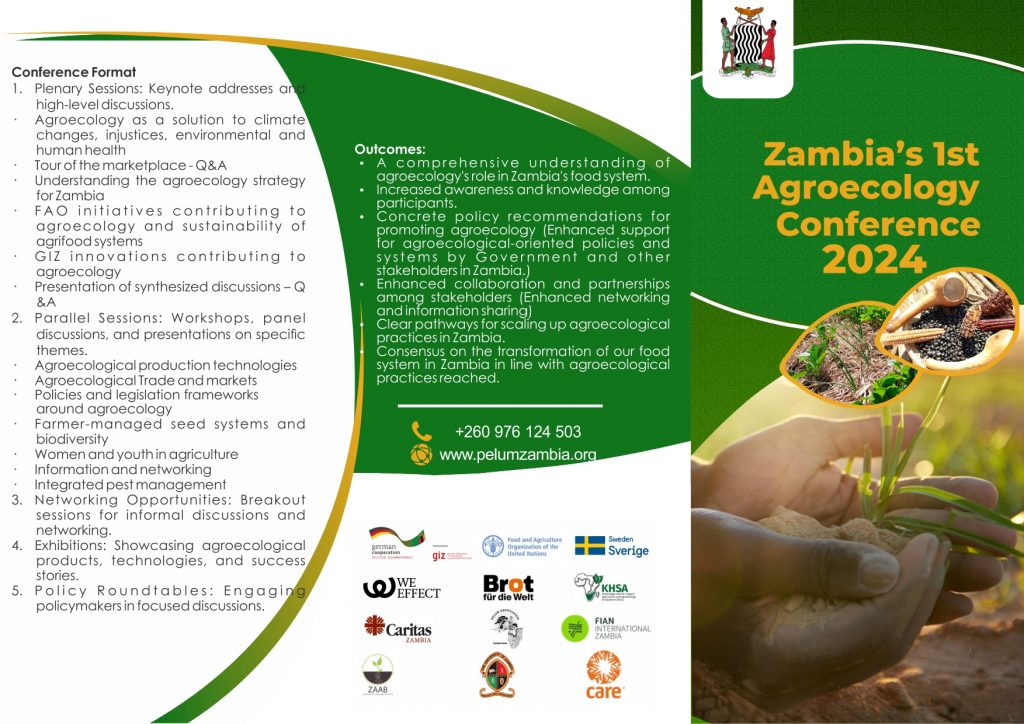
First Day Activities of The Agroecology Conference
Agroecology Can Transform the lives of Small Holder Farmers-Wamunyima
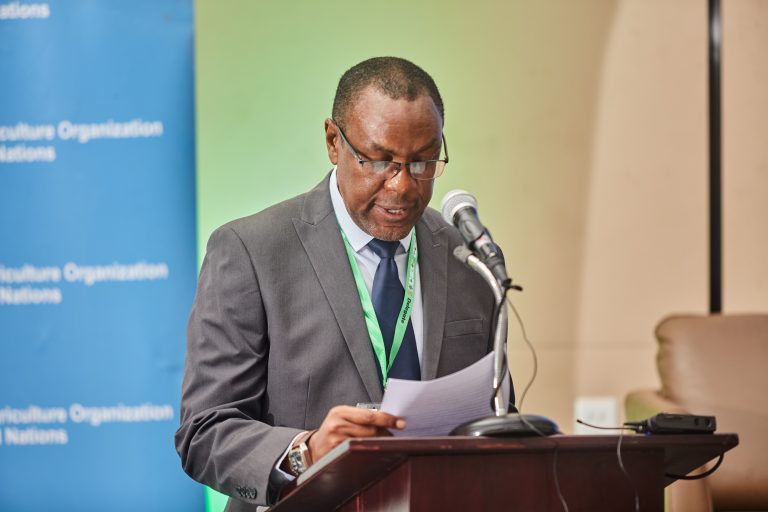
PELUM Zambia country coordinator Muketoi Wamunyima says agroecology has the potential of enhancing the lives of smallholder farmers and tranform the economy, and the environment.
Mr Wamunyima was speaking during his inaugural speech at the Zambia’s first Agroecology conference held in Lusaka recently. He says ” by bringing together different stakeholders, we aim to learn, share, and create valuable linkages. The era of working in isolation is over, we must complement each other’s efforts”.
Mr Wamunyima adds that he recognised and appreciated steps taken by the Ministry of Agriculture to address the many challenges faced by the sector through the development of the 2022 to 2026 strategic plan for the Ministry.
“It is this conference’s aim that, what will come out will feed into the strategic plan and support its implementation and the overall national development agenda” he noted.
He appealed to government and other stakeholders in the agroecology space to scale up agroecology by investing more in extension, technology, research, training, information dissemination and institutional capacities.
Meanwhile, Government has called for adoption of a more resilient system that will withstand climate change impacts. In a speech read on his behalf, Minister of Agriculture Reuben Mtolo Phiri says” The climate change crisis has impacted 84 out of the 116 districts resulting in the destruction of of one million hectares of the 2.2 million dedicated to maize, the staple crop,”.
He stressed the need for the nation to transition to production systems that are equipped to withstand the impacts of climate change.
And speaking at the same function,
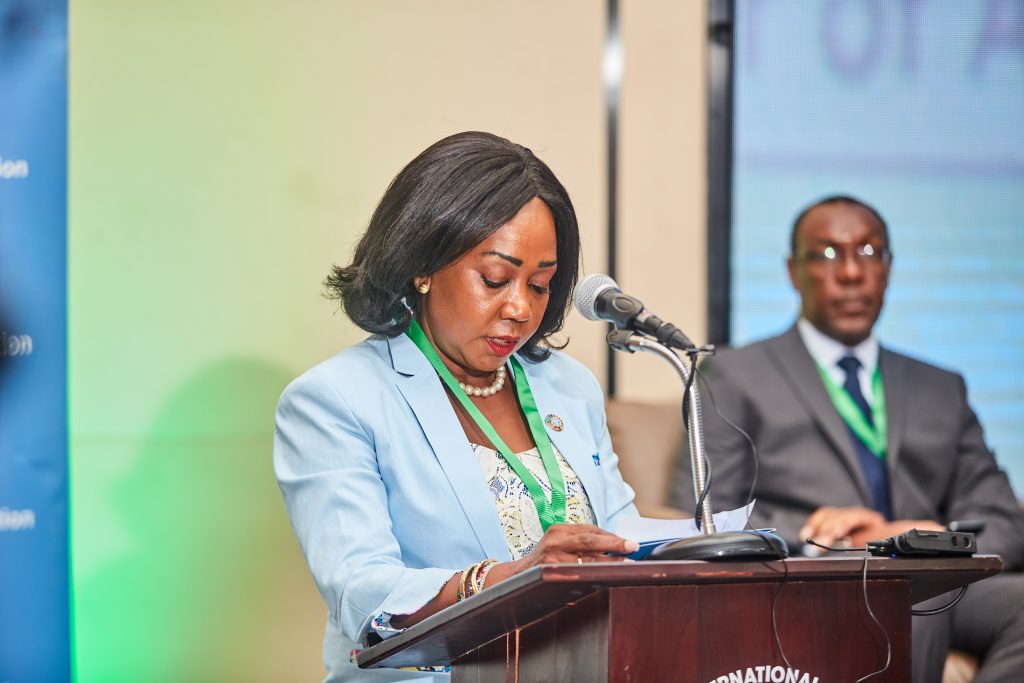
Food and Agriculture Organisation of the United Nations Country Representative Suze Filippini says ” Let us remember to listen to the voices of smallholder farmers, indigenous communities and marginalised groups who are at the forefront of practicing sustainable agriculture”.
Ms Filippini says the wisdom, resilience and creativity of smallholder farmers is an inspiration to think beyond boundaries and reimagine our food systems in ways that benefit both people and the planet.
Bernhard Trautner, head of the Corporation German Embassy retaliated the need to embrace local and indigenous knowledge about locally adapted traditional agriculture methods which can serve as a complementary pillar while promoting climate smart and more resilient farming systems.
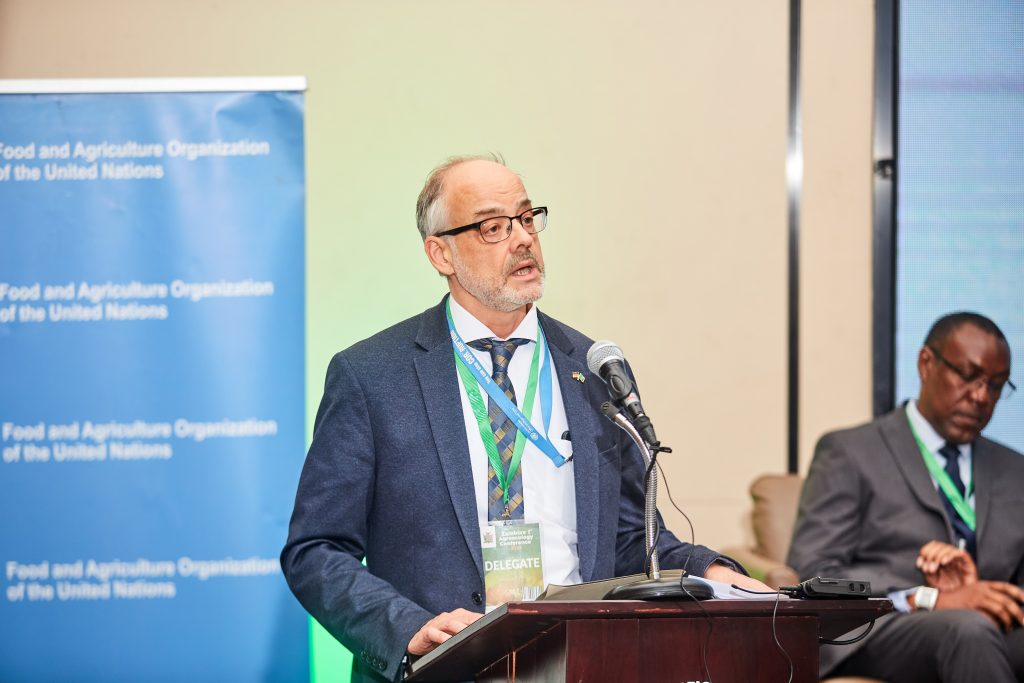
The conference aims to gathers evidence on agroecological practices and creates awareness, promote the adoption of agroecology and influence policy change in our food system. It brings together researchers, practitioners, farmers, women and youth-led organisations, policymakers, private sector, Civil society organisation, donors and interested groups in
agriculture and agroecology to discuss adoption of agroecology and present evidence of agroecology as a sustainable agriculture system.
Key Note Speech- Dr Judith Lungu
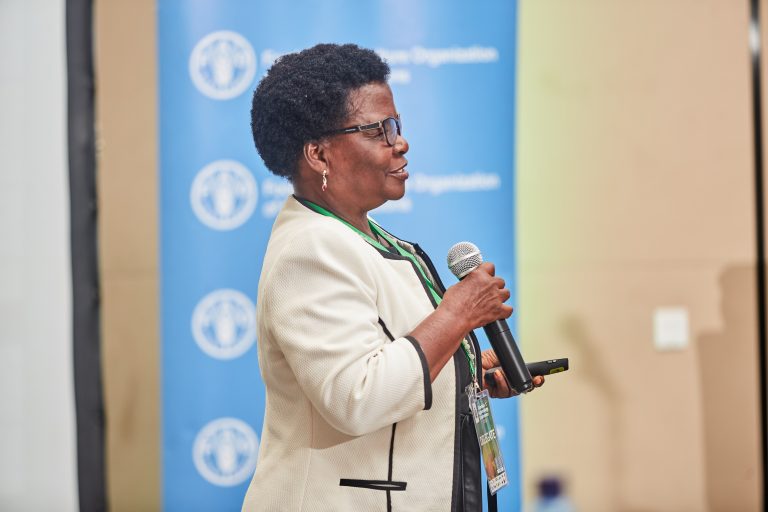
Presentations
Agroecology as a Solution to Climate Change injustices, Environmental & Human Health
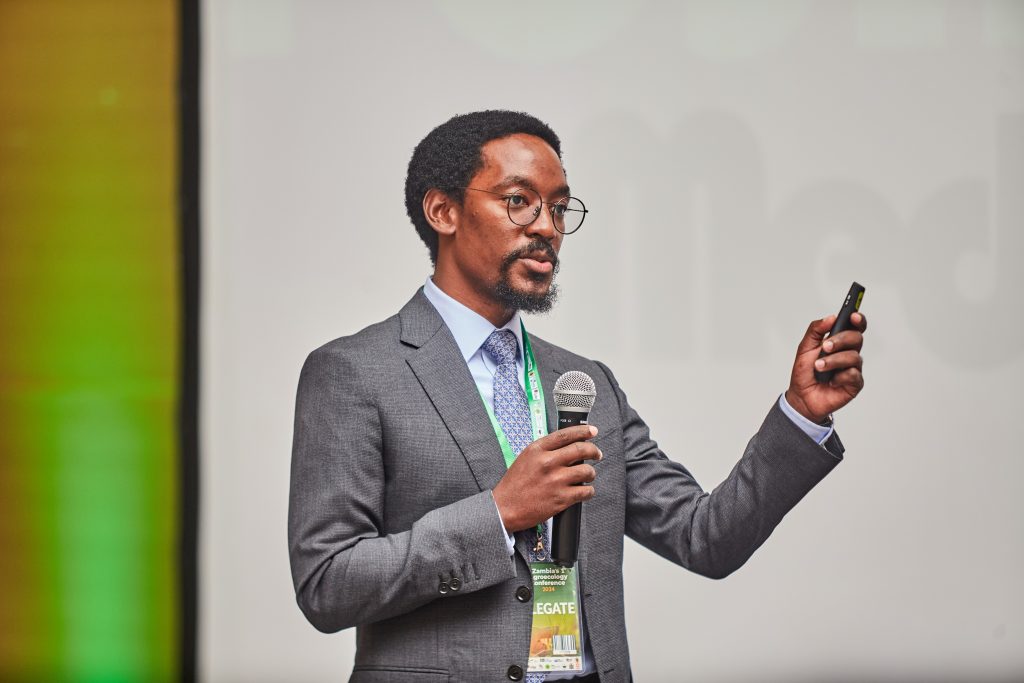
What is Agroecology?
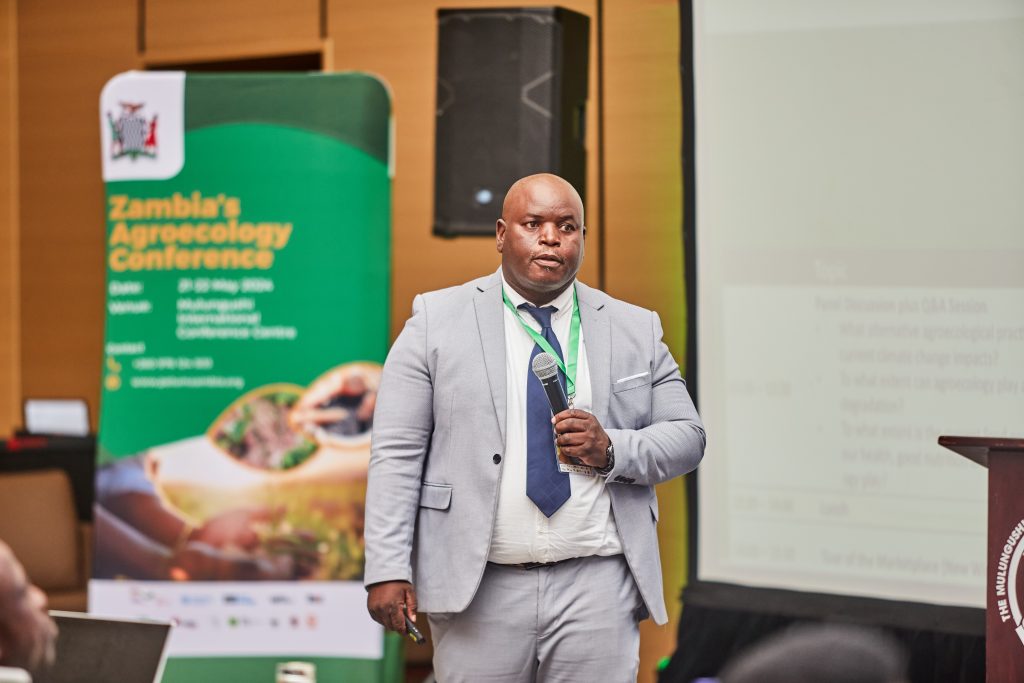
Market Place
Video Snippets of Day 1 of the Conference
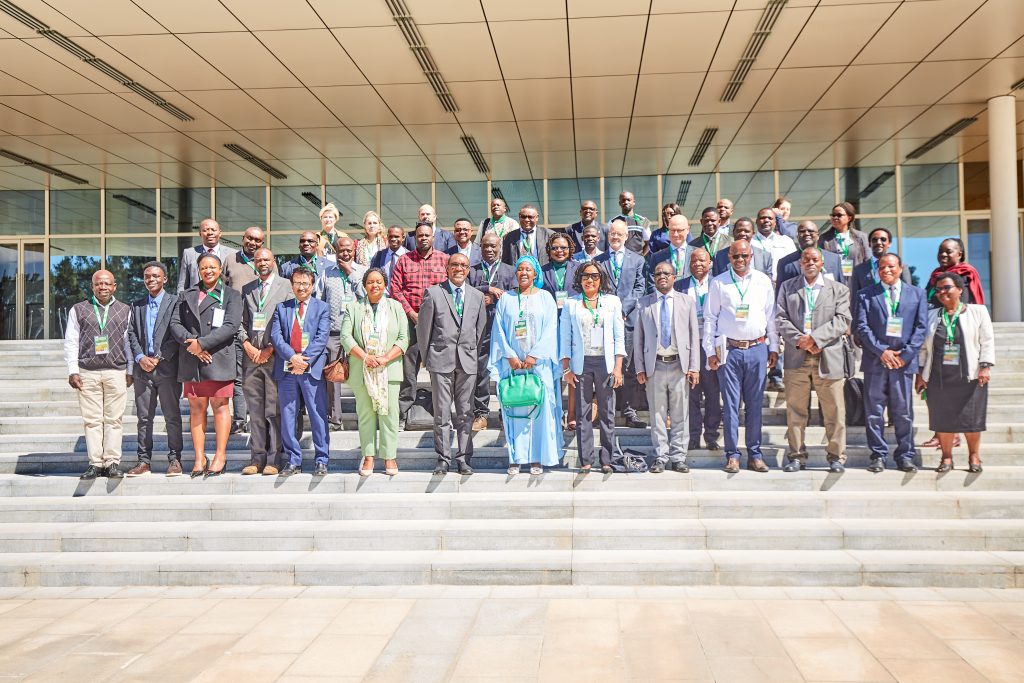
Second Day of the Agroecology Conference
Presentations
Understanding the agroecology strategy for Zambia
Innovations contributing to agroecology
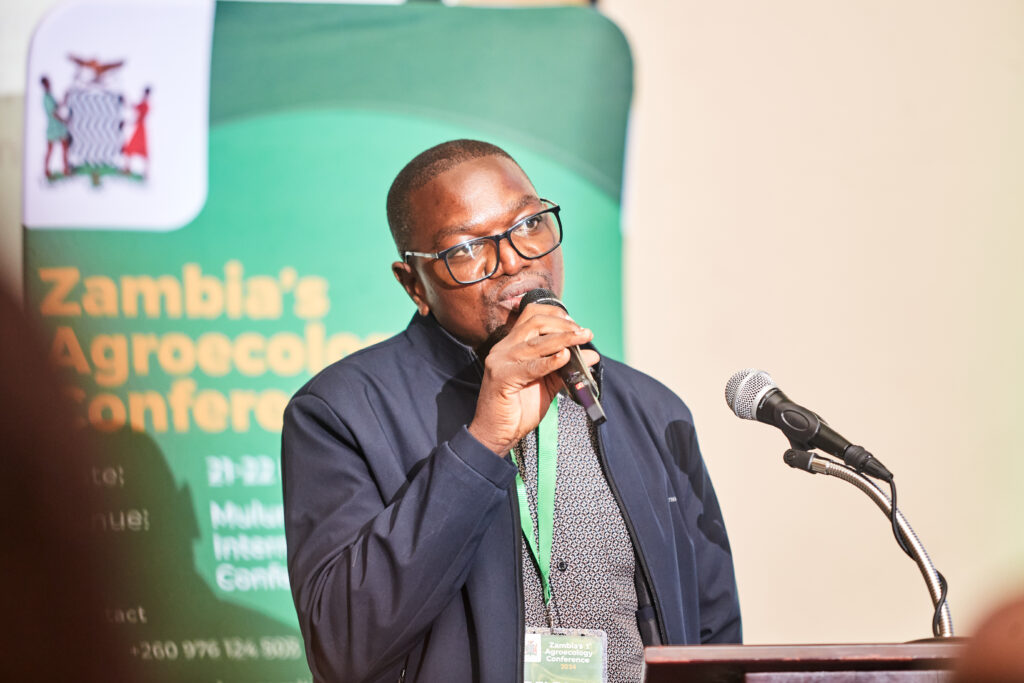
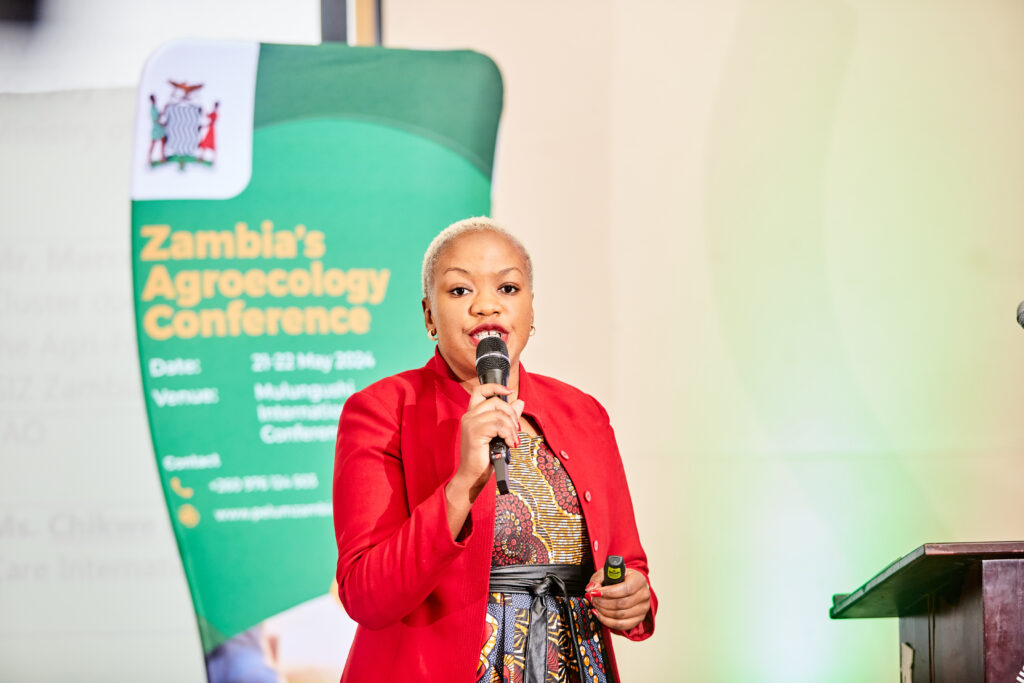
FAO initiatives contributing to agroecology and sustainability of agrifood systems
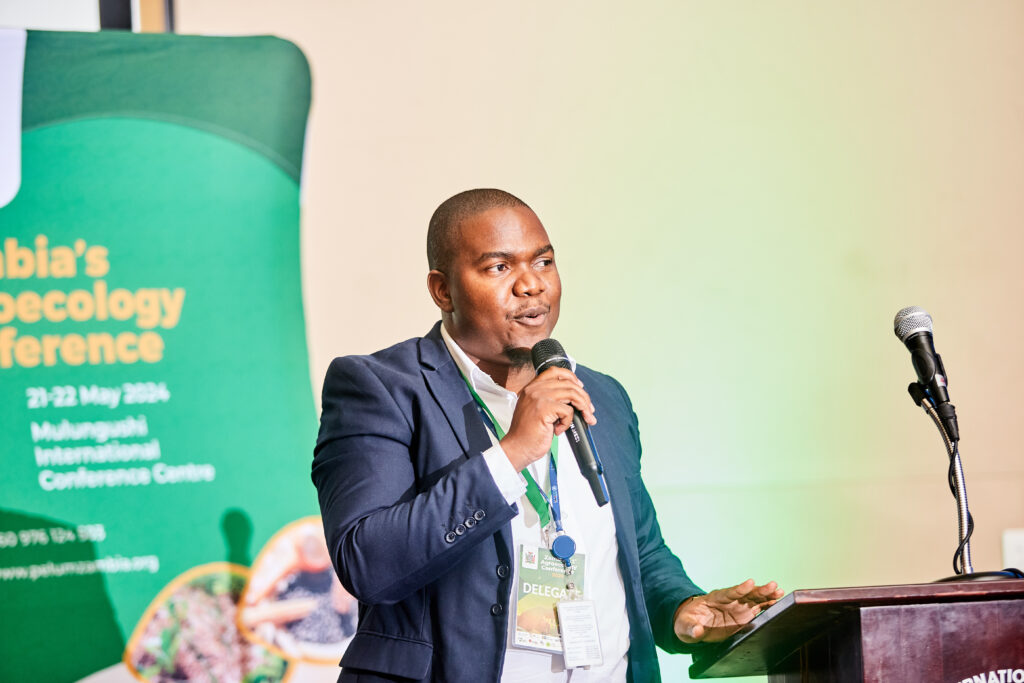
Breaking the Silos: Co Creating Local Solutions for Decolonising food systems
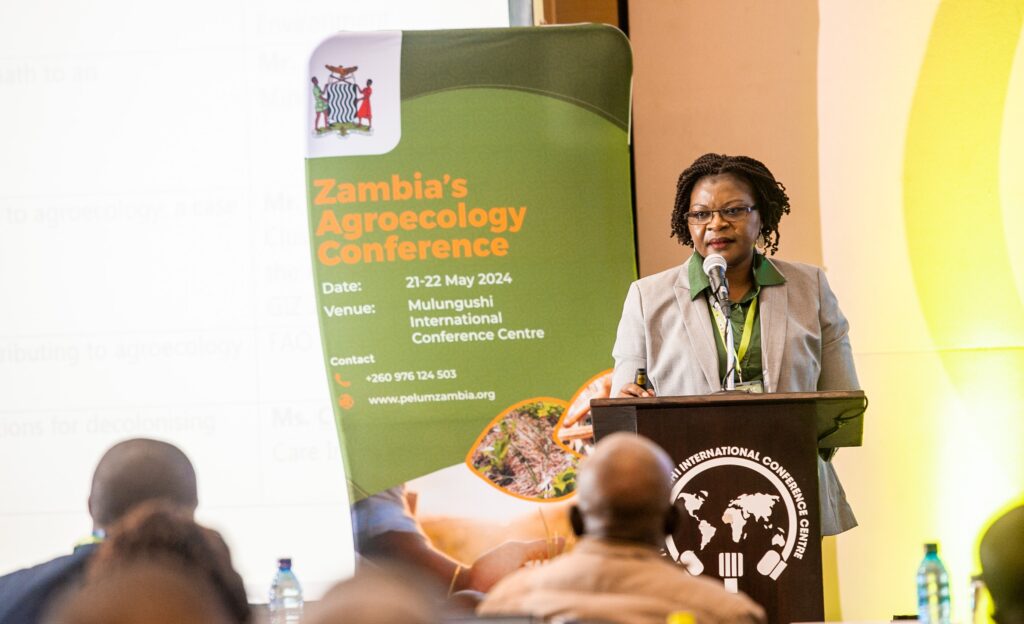
Gallery
Proud Sponsors












Conference Venue
Format
Plenary Sessions: Keynote addresses and high-level discussions.
Parallel Sessions: Workshops, panel discussions, and presentations on specific themes.
Networking Opportunities: Breakout sessions for informal discussions and networking.
Exhibitions: Showcasing agroecological products, technologies, and success stories.
Policy Roundtables: Engaging policymakers in focused discussions.


